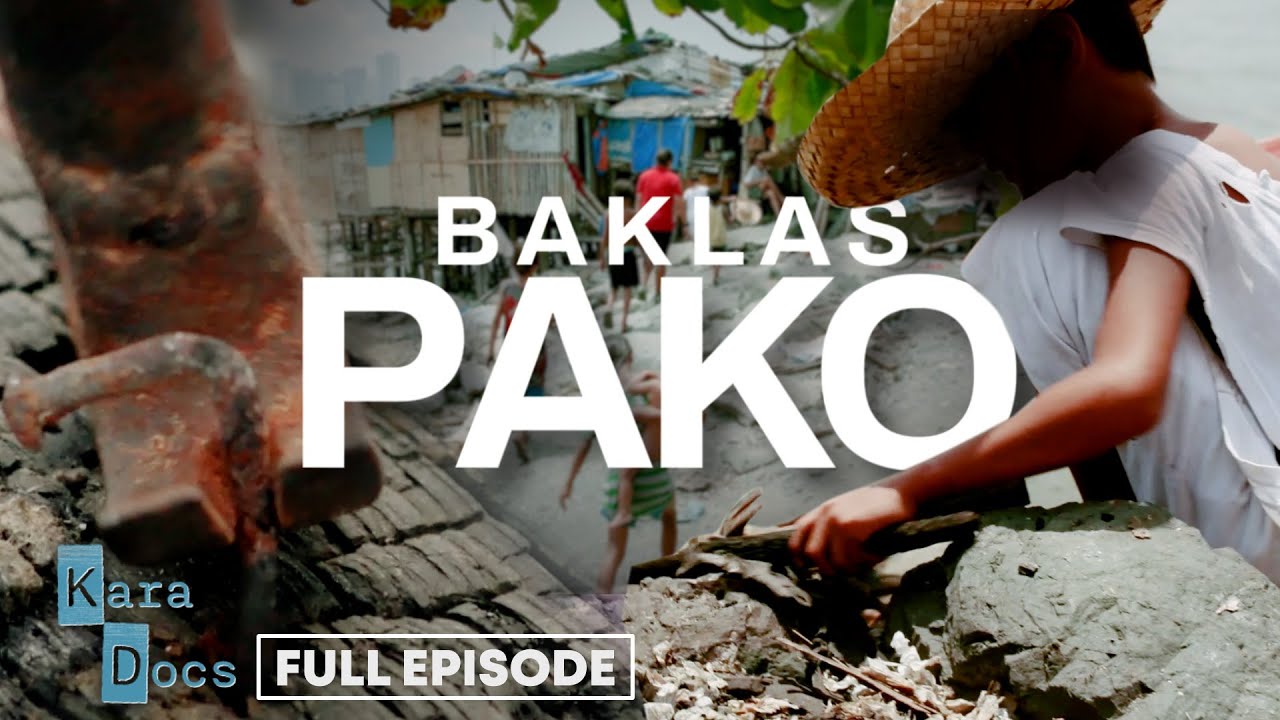Homeless Because His Parents Are Addicts
Summary
TLDRIn Westchester Park near LAX, a 21-year-old homeless man from New York shares his struggles with addiction in his family and the harsh realities of living on the streets. Despite his own challenges, he remains hopeful and actively helps others, including giving a phone to a fellow homeless person to access services. He emphasizes the need for community support and better resources to combat homelessness and expresses a desire for a more inclusive and supportive Los Angeles.
Takeaways
- 🏙️ Noah is a 21-year-old homeless man from New York, currently living in Westchester Park near LAX.
- 🗽 Originally from Buffalo, Noah has lived in Niagara Falls and has visited various places in New York State.
- 📻 Noah had the opportunity to visit a radio station in Binghamton, showing his interest in media and radio.
- 🛌 Noah has been homeless for about a year and has experienced sleeping in extreme cold weather without proper shelter.
- 🌡️ He finds the climate in Los Angeles more favorable compared to other places he has been homeless.
- 📱 Despite being homeless, Noah has managed to obtain a phone which he uses to help others, showcasing his resourcefulness and altruism.
- 🏡 Noah criticizes the lack of support for homeless people in LA, highlighting the city's focus on those who are already well-off.
- 👥 Noah emphasizes the importance of community and the need for everyone to work together to address the homeless issue.
- 💔 Noah's family struggles with drug addiction, which has contributed to his homelessness.
- 🤝 Noah believes in the potential of homeless individuals and wants to see more encouragement and resources for them to improve their situations.
- 🌟 Noah's three wishes are for a girlfriend, for his friends to find homes, and for his family to overcome addiction and homelessness.
Q & A
Where is Westchester Park located?
-Westchester Park is located near LAX in Los Angeles.
How old is Noah and what is his current living situation?
-Noah is 21 years old and he is homeless.
Where is Noah originally from?
-Noah was born in Buffalo, New York, but he lived in Niagara Falls for a very long time.
What is the significance of Binghamton in the conversation?
-Binghamton is significant because the cameraman is from there, and Noah has visited a radio station in Binghamton.
How long has Noah been homeless and sleeping outside?
-Noah has been homeless for about a year and sleeping outside since September.
What was Noah's experience sleeping in his car during cold weather?
-Noah slept in his car during 20-degree weather without heat, which he described as not very fun.
What does Noah consider himself to be despite being homeless?
-Noah considers himself the king of New York, even though he is currently in California.
What is Noah's opinion on the support system for homeless people in LA?
-Noah feels that LA is not very supportive or encouraging for homeless people, especially those from other places.
Why did Noah give his phone to another homeless person?
-Noah gave his phone to another homeless person because he can easily get another one with his EBT card, and he wants to help others get connected and access help.
What is the significance of having a phone according to Noah?
-Having a phone is significant because it allows homeless people to call for help, apply for benefits, and stay connected without relying on others.
What are Noah's three wishes?
-Noah's three wishes are: 1) To have a girlfriend, 2) For all his friends and people he knows in LA to get out of homelessness and find a home, and 3) For his family to overcome homelessness and addictions.
What is Noah's view on the role of social services in helping the homeless?
-Noah believes that social services should provide more support and resources to homeless people, and that they need to actually follow through on their promises of help.
Outlines

This section is available to paid users only. Please upgrade to access this part.
Upgrade NowMindmap

This section is available to paid users only. Please upgrade to access this part.
Upgrade NowKeywords

This section is available to paid users only. Please upgrade to access this part.
Upgrade NowHighlights

This section is available to paid users only. Please upgrade to access this part.
Upgrade NowTranscripts

This section is available to paid users only. Please upgrade to access this part.
Upgrade NowBrowse More Related Video

What would you do to Defend A Homeless Stranger

WHY YOU HAVE NO SELF CONTROL (ISLAMIC STORY)

I've been skydiving through life: coping with homelessness since 16 | Generation Homeless, Episode 3

Pako, sagot sa gutom ng mga bata sa Tondo, Manila — Baklas Pako (Full Episode) | Kara Docs

Testimonio de paciente con adicción al alcohol y marihuana.

23 Februari 2025
5.0 / 5 (0 votes)